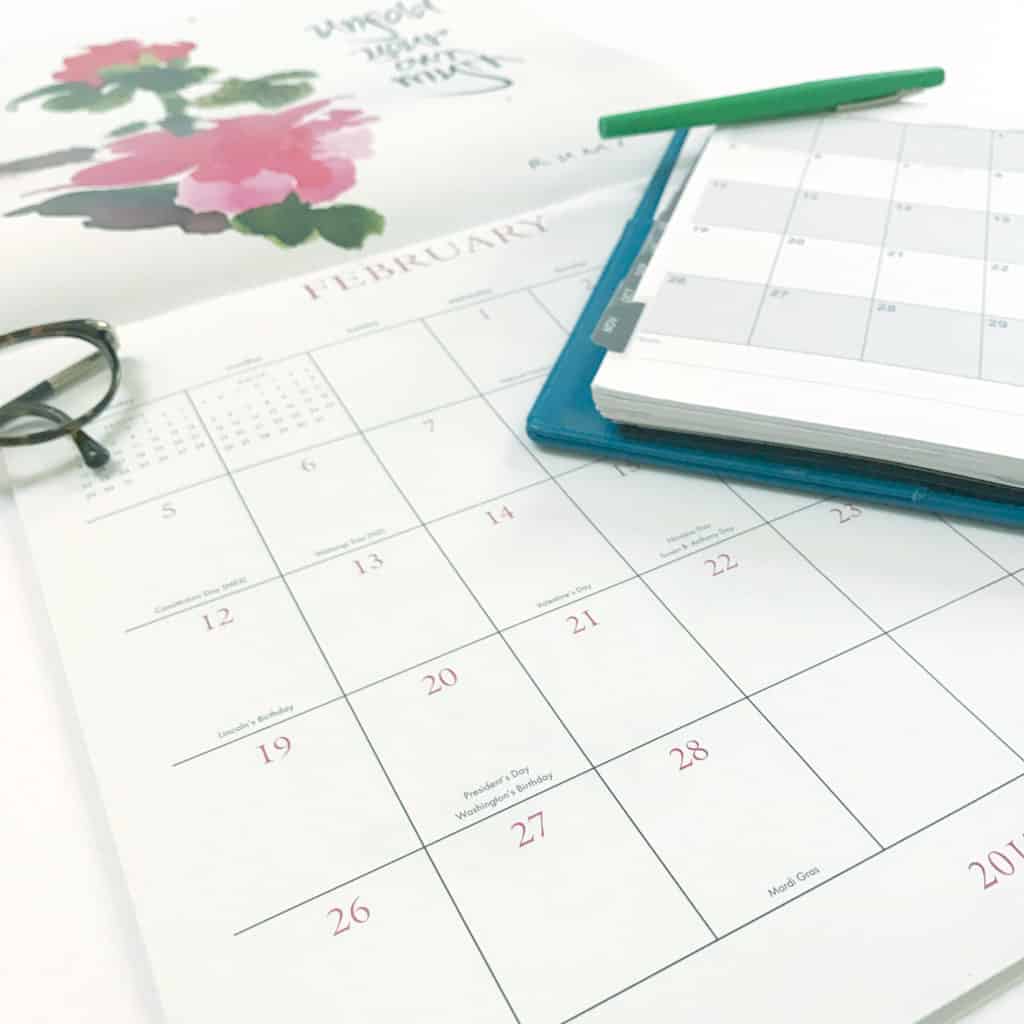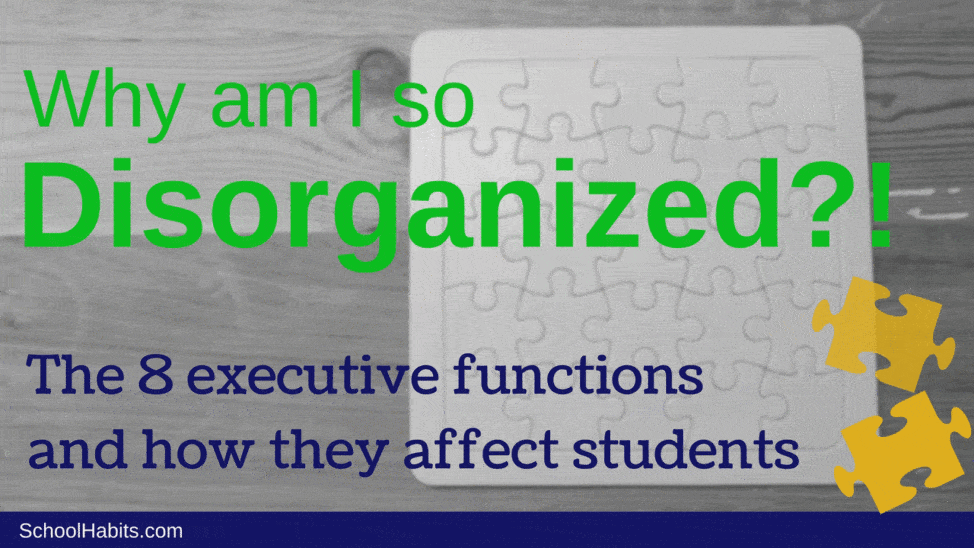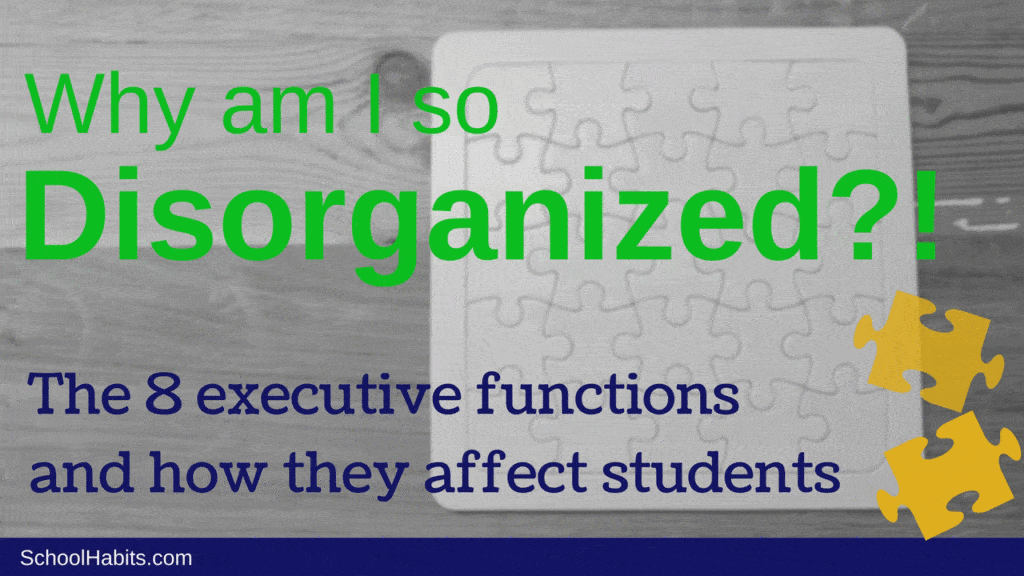What is executive function?
Executive function is a term that refers to a set of skills that enable people to plan, initiate and complete tasks. Simply put, there are 8 key executive functions that are responsible for our ability to get things done. With these executive functions, we can essentially become highly effective CEOs of ourselves and of our lives. If you’re a student or a general human, these executive functions matter!
When I created SchoolHabits (both the blog and the video tutorials on my YouTube channel), I set out to teach students (you!) good school habits that would make your life easier. But in reality, many of the school habits I teach you are simply executive functional skills. Who would have thought?!
Students with strong executive function
People with highly developed executive functions are often those who stay organized and get tasks done on time. They tend to be solid students and test-takers, productive and efficient, and comfortable with a variety of people and environments.
Students with poor executive functions
People with poor executive function often struggle to start and complete tasks, and have difficulty prioritizing and planning for the day or week ahead. They also tend to have weak self-monitoring skills. Students with diagnosed ADD / ADHD often struggle with one or more of the 8 executive functions.

What are the 8 executive functions?
1. Impulse control: The ability to think before acting or speaking. The ability to say to oneself “Is what I’m about to do or say appropriate?”
2. Emotional control: The ability to have control over one’s emotions, as well as the ability to identify one’s emotions. Also includes the ability to recover and “move on” after feeling intense emotions, particularly negative ones.
3. Flexible thinking: The ability to improvise and be okay when the unexpected happens. The ability to adapt to situations as they change or to think about situations from a new perspective.
4. Working memory: The ability to recall recently learned information and directions. The ability to follow multi-step directions.
5. Self-monitoring: The ability to think about and analyze how well or not well one is coping with the learning process. The ability to identify moments of uncertainty (I think I’m confused) and overwhelm (I am getting too stressed by this!).
6. Planning and prioritizing: The ability to break down larger projects into smaller tasks and determine importance. Also includes time-management.
7. Task initiation: The ability to begin projects and tasks on time and independently, and the ability to know how to start. Here are some critical task initiation strategies.
8. Organization: The ability to keep materials, projects, supplies and papers properly organized so that they are easily found. Also includes the ability to keep thoughts and time in order. Want to super boost your organization? Here is my ultimate list of the 100 best organization tips for college students.
What will happen if I have poor executive function?
Students with poor executive function who do not learn concrete executive functioning skills will typically grow up into adults with poor executive functions. So a child who forgets where she put her homework assignment, let alone what the actual assignment was, will likely become an adult who didn’t turn in her work project on time because she forgot to write down the deadline any of the four times her boss reminded her. Because of this connection, it’s not hard to understand why developing adequate executive function skills early on is key to success later on.
If you struggle with any of the about 8 executive functions, I suggest that you make a deliberate effort to build up skills in that particular area. Do your research, reach out for help (email me!), and of course, follow me here and on YouTube. You can work with your strengths and build on your weaknesses, and in the end, we will all be okay.


